As disposable vapes gain widespread popularity, communities across the United States are facing a new problem: how to safely dispose of millions of small, battery-powered devices that are considered hazardous waste.
For years, the vape controversy has focused on the risks of vaping, especially candy-flavored vapes used by teenagers.
In recent years, however, the popularity of disposable vapes has led to new environmental challenges.
The devices contain nicotine, lithium and other metals and cannot be reused or recycled, nor can they be discarded under federal environmental laws.
Every month, U.S. teens and adults buy about 12 million disposable vapes, but in the absence of federal guidance, local governments are struggling to find ways to dispose of these discarded vapes, which come from schools, universities, vape shops, and more.
Across the United States, these vapes are being handled in different ways.
For example, sanitation workers in Monroe County, New York, put discarded vapes into iron drums and transported them to industrial waste incinerators in Arkansas for incineration.
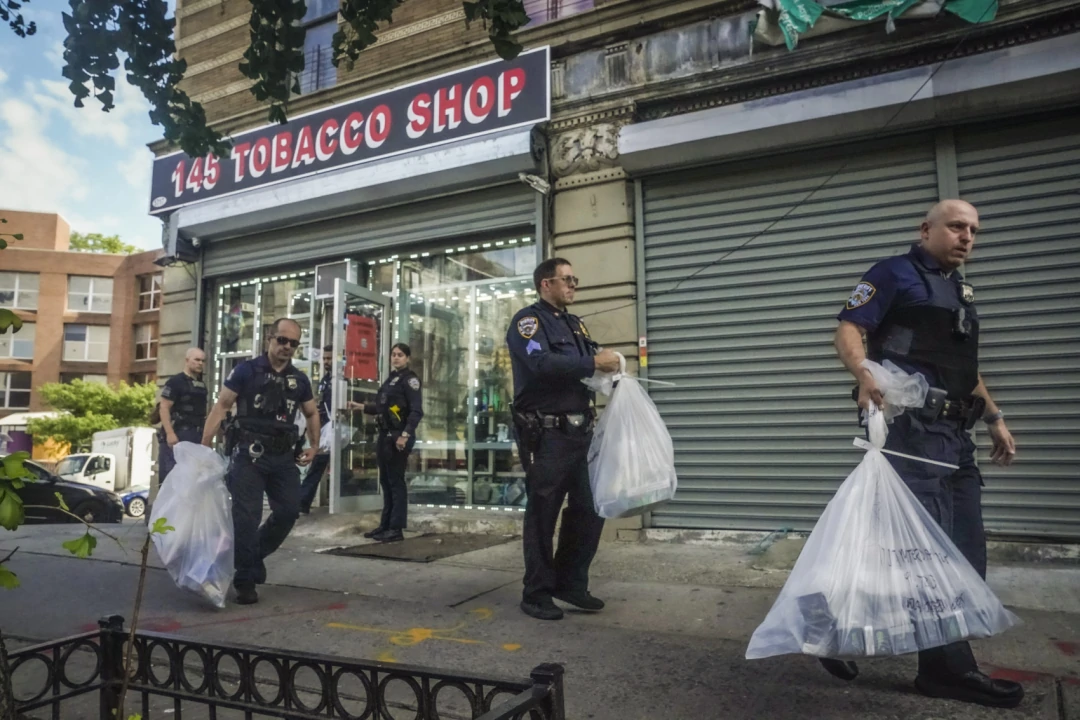
It’s not very environmentally friendly, but local officials believe it’s the only way to keep these nicotine-filled devices out of sewers and landfills, where their lithium batteries can cause fires.
Elsewhere, the process of dealing with vape waste is expensive and complicated.
For example, New York City officials had to expensively dispose of hundreds of thousands of confiscated straws.
Critics of vape accuse the industry of shirking environmental responsibility for its products, and federal regulators have failed to force the industry to take steps to make vape parts easier to recycle or reduce waste.
Some possible changes include requiring manufacturers to produce reusable vapes or forcing manufacturers to fund vape recycling programs. However, there are currently no federal regulations requiring these measures.
Overall, the disposal of disposable vape waste has become an urgent issue and more measures are needed to solve this environmental challenge.

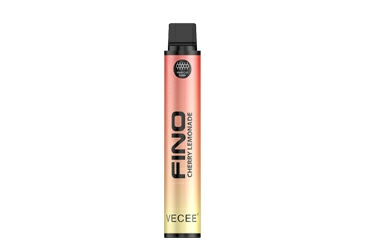
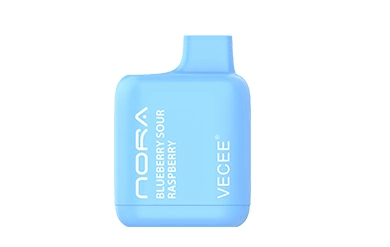
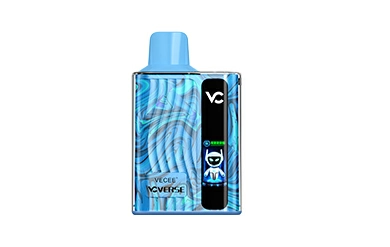
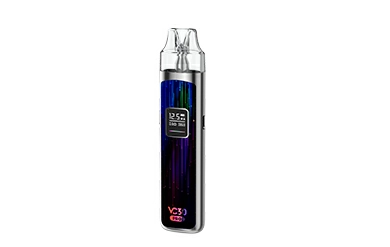
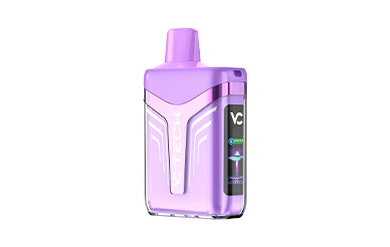
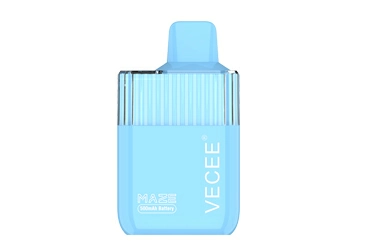
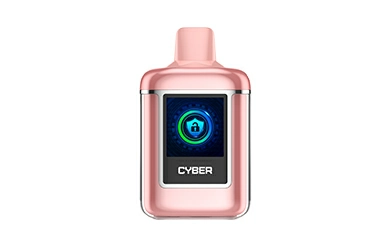
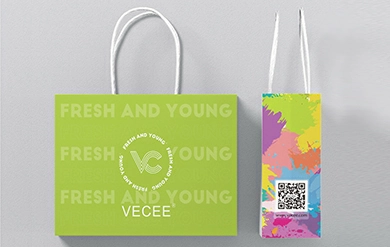
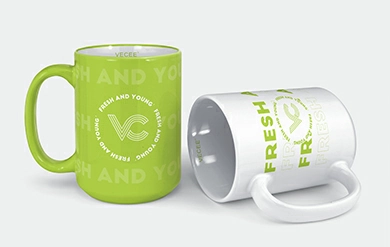
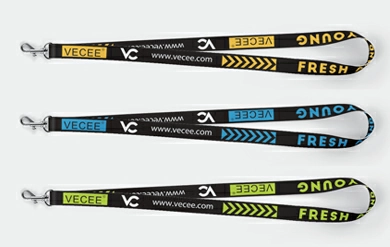
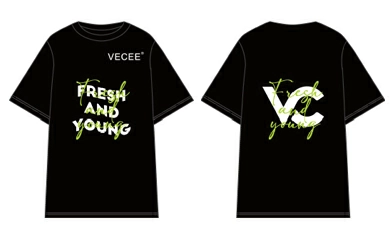

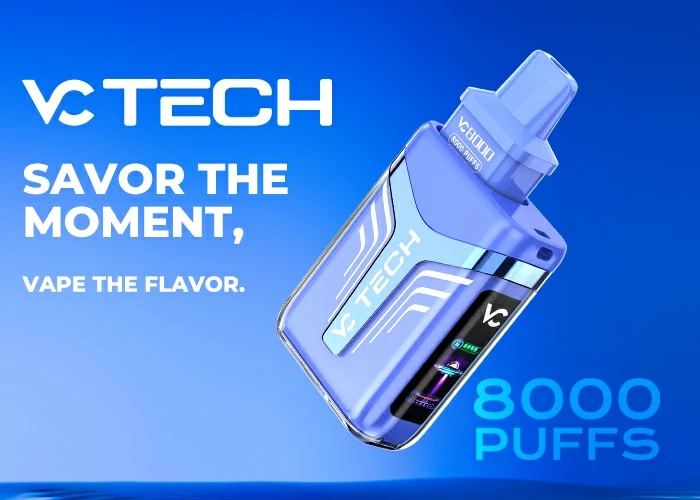
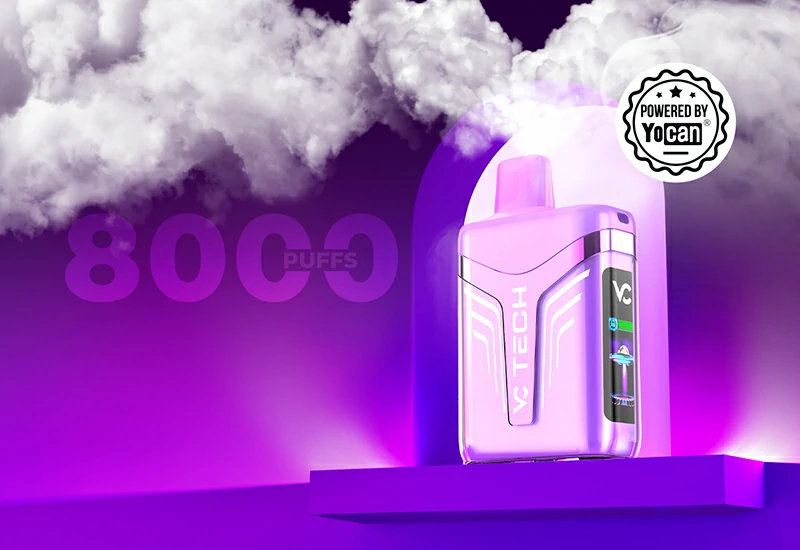
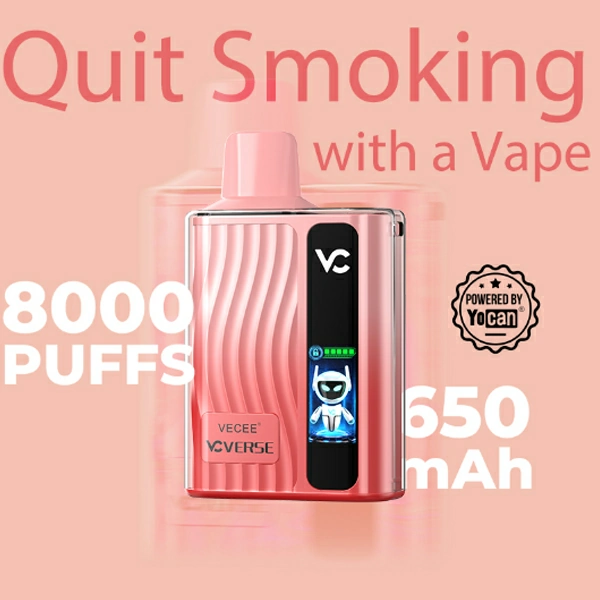
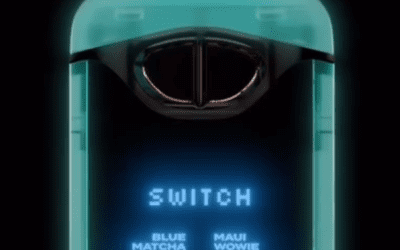
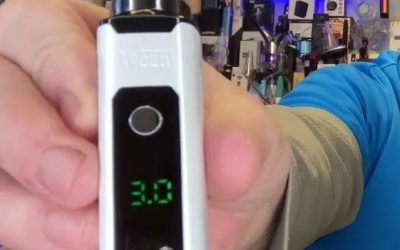
0 Comments